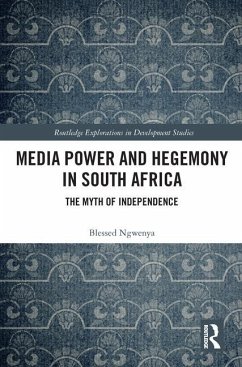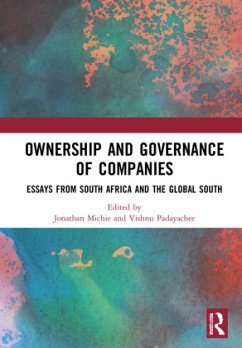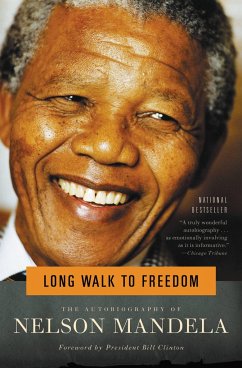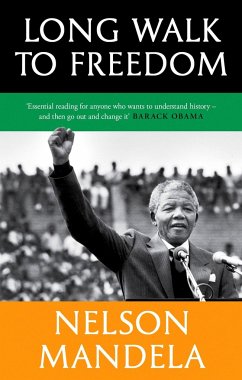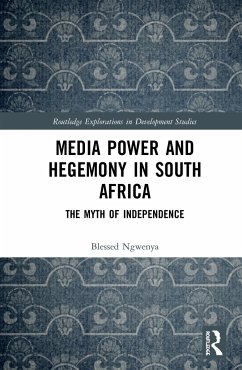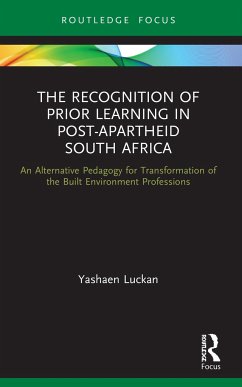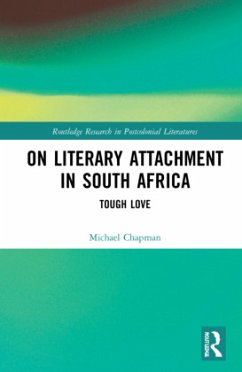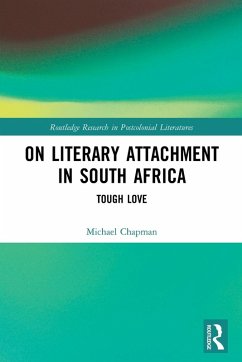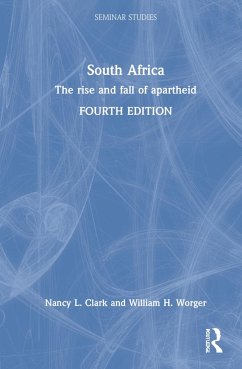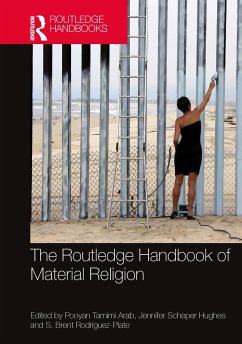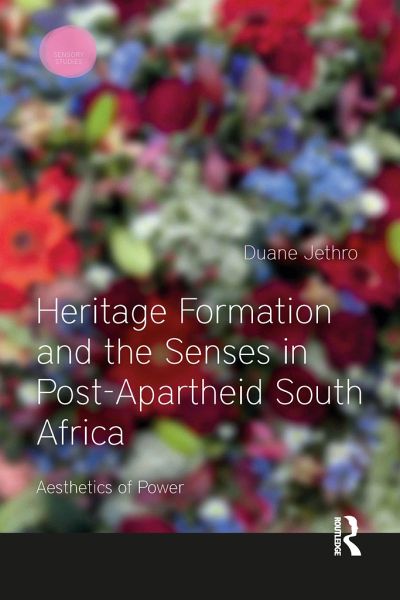
Heritage Formation and the Senses in Post-Apartheid South Africa
Aesthetics of Power
Versandkostenfrei!
Versandfertig in 6-10 Tagen
46,99 €
inkl. MwSt.
Weitere Ausgaben:

PAYBACK Punkte
23 °P sammeln!
In this book, Duane Jethro creates a framework for understanding the role of the senses in processes of heritage formation. He shows how the senses were important for crafting and successfully deploying new, nation-building heritage projects in South Africa during the postapartheid period. The book also highlights how heritage dynamics are entangled in evocative, changing sensory worlds.Jethro uses five case studies that correlate with the five main Western senses. Examples include touch and the ruination of a series of art memorials; how vision was mobilised to assert the authority of the sta...
In this book, Duane Jethro creates a framework for understanding the role of the senses in processes of heritage formation. He shows how the senses were important for crafting and successfully deploying new, nation-building heritage projects in South Africa during the postapartheid period. The book also highlights how heritage dynamics are entangled in evocative, changing sensory worlds.Jethro uses five case studies that correlate with the five main Western senses. Examples include touch and the ruination of a series of art memorials; how vision was mobilised to assert the authority of the state-sponsored Freedom Park project in Pretoria; how smell memories of apartheid-era social life in Cape Town informed contemporary struggles for belonging after forced removal; how taste informed debates about the attempted rebranding of Heritage Day as barbecue day; and how the sound of the vuvuzela, popularized during the FIFA 2010 Football World Cup, helped legitimize its unofficial African and South African heritage status.This book makes a valuable contribution to the field of sensory studies and, with its focus on aesthetics and material culture, is in sync with the broader material turn in the humanities.





